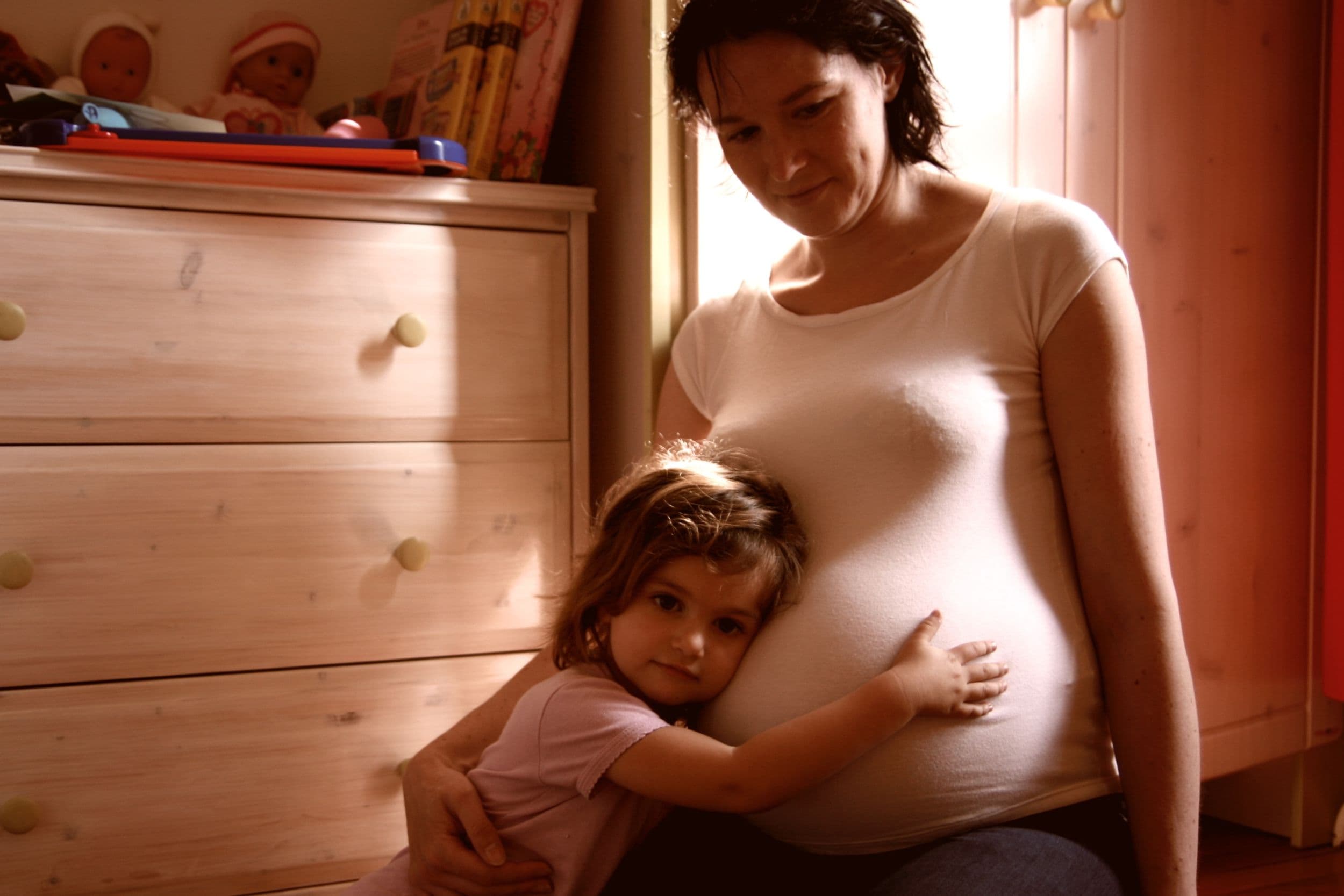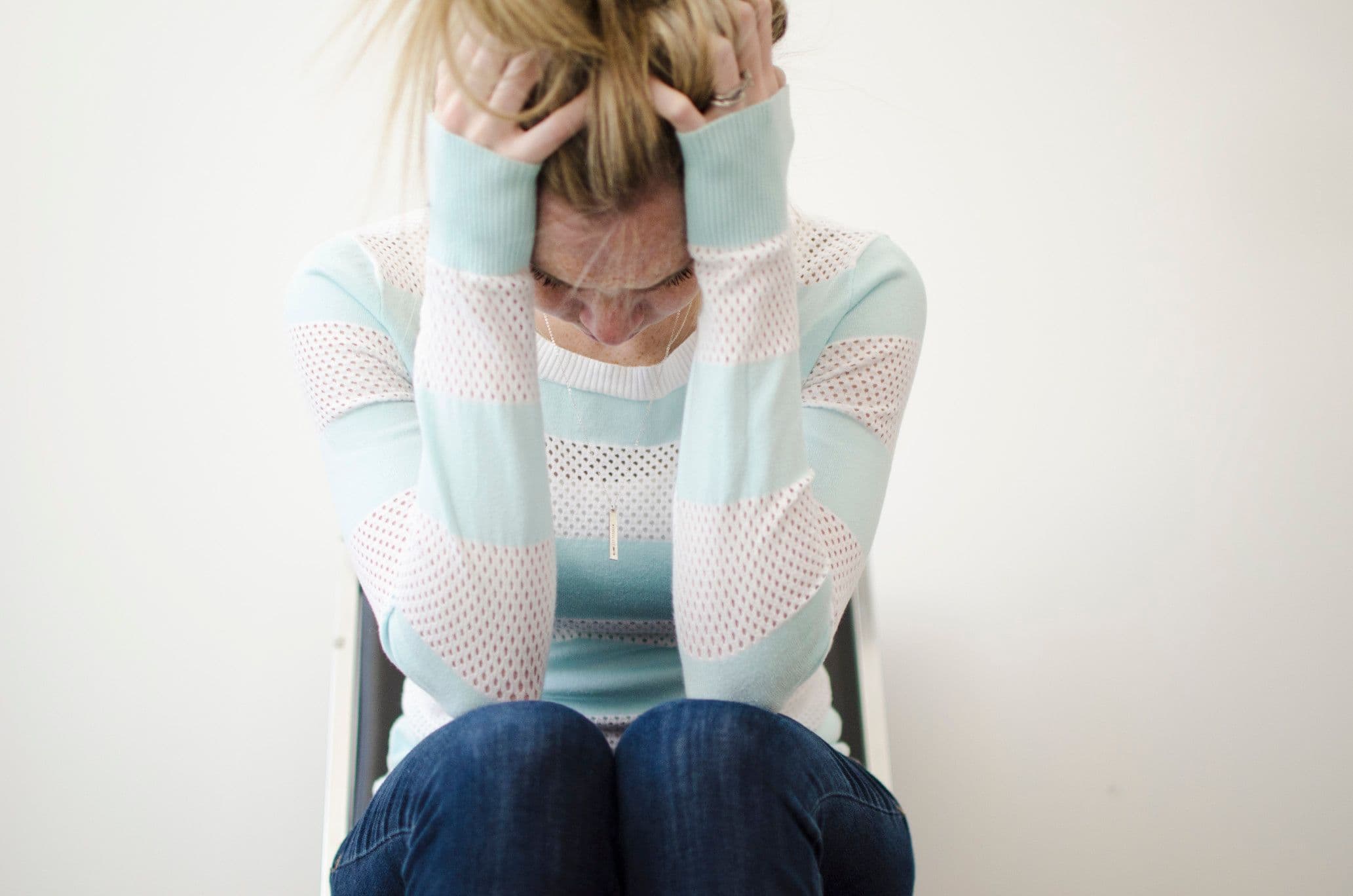Link Between Stress and Miscarriage
Stress and Pregnancy
Obie Editorial Team

Stress activates our body's natural fight or flight response. When stress levels soar, you might experience distinct physical reactions such as decreased blood flow to your extremities, a slower metabolism, and heightened focus. During pregnancy, managing stress is crucial because ongoing or intense stress can have immediate effects and potentially significant long-term consequences. Notably, researchers have found a correlation between early pregnancy stress and increased miscarriage risk. Let’s explore the research and what actions you can take based on this knowledge.
The Studies on Miscarriage and Stress
One pivotal study from 1997, led by Dr. Marc B. Schenker of UC-Davis Medical School in Sacramento, highlighted that female attorneys working 45 hours or more per week during their first trimester faced a threefold increase in miscarriage risk. Occupational stress is a significant factor for pregnant women, but it's essential not to overlook other stressors. Factors such as alcohol consumption, drug use, or smoking elevate stress levels, consequently raising miscarriage risk. This same study found that women consuming seven or more alcoholic drinks weekly had their miscarriage risk increase by seven times. Being mindful of these habits and managing work hours proactively can be critical steps in reducing stress during pregnancy.
Further supporting these findings, research by Dr. Pablo Nepomnaschy from Triangle Park, North Carolina, demonstrated that women with elevated blood cortisol levels were 2.7 times more likely to experience a miscarriage. This study observed 61 women, with 22 pregnancies, of which 90% of the elevated cortisol group miscarried. Comparatively, only 33% in the group with normal cortisol levels experienced miscarriage. Keeping cortisol levels in check could be a valuable strategy for supporting a healthy pregnancy.
Pregnancy preparation is also crucial. A study sponsored by The Miscarriage Association in the UK noted that pre-pregnancy health, especially concerning body mass index (BMI), could influence stress’s impacts on fetal implantation and growth. Findings showed that underweight women were more prone to miscarry, an effect compounded by stress on fetal health. Elevating BMI to a normal range before pregnancy emerged as a potential factor in reducing stress-related miscarriage risk.
Historically, stress was linked with survival threats such as food scarcity, war, and disease. In those eras, increased stress could lead to natural miscarriages, a biological response to protect women and infants. Fast forward to today, while our stress triggers have evolved, current stressors may still invoke similar biological responses, evidenced by increased cortisol levels and the miscarriage rates seen in studies. Understanding this perspective empowers you to consider steps that align your environment and habits with a healthier pregnancy experience.
Read More









